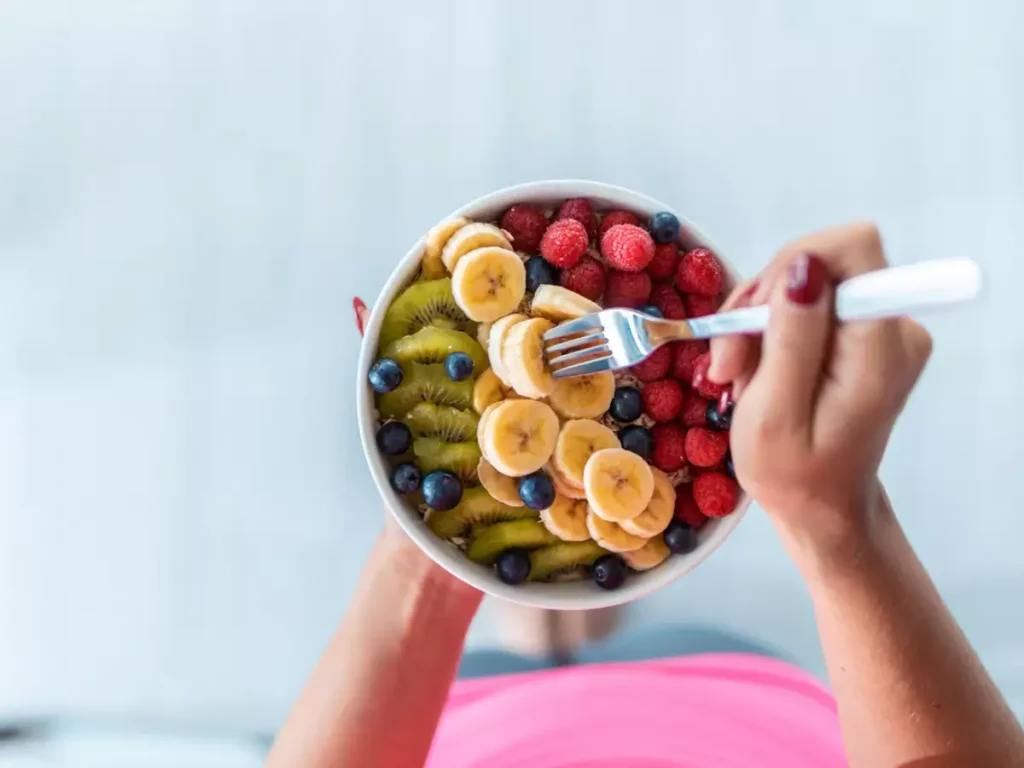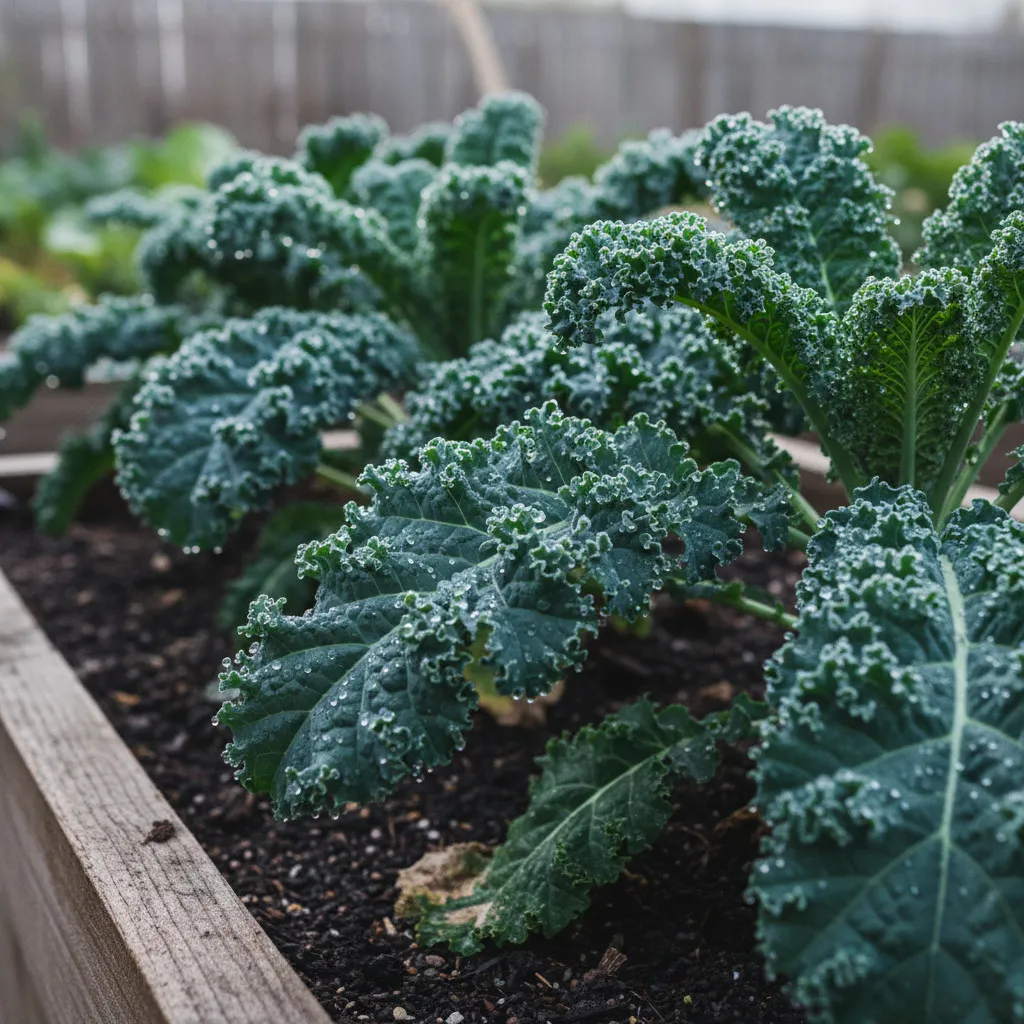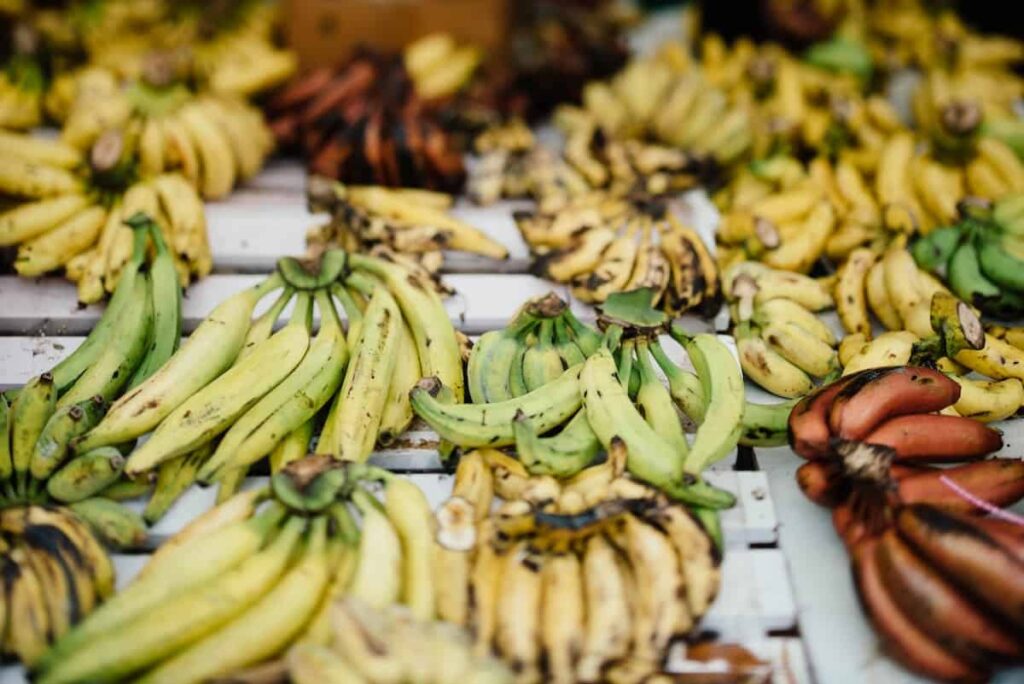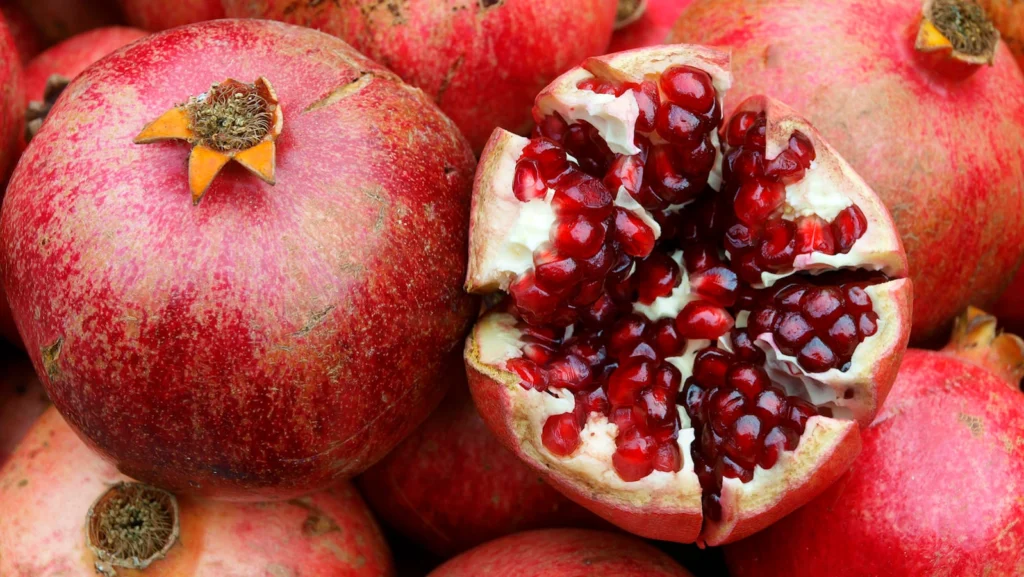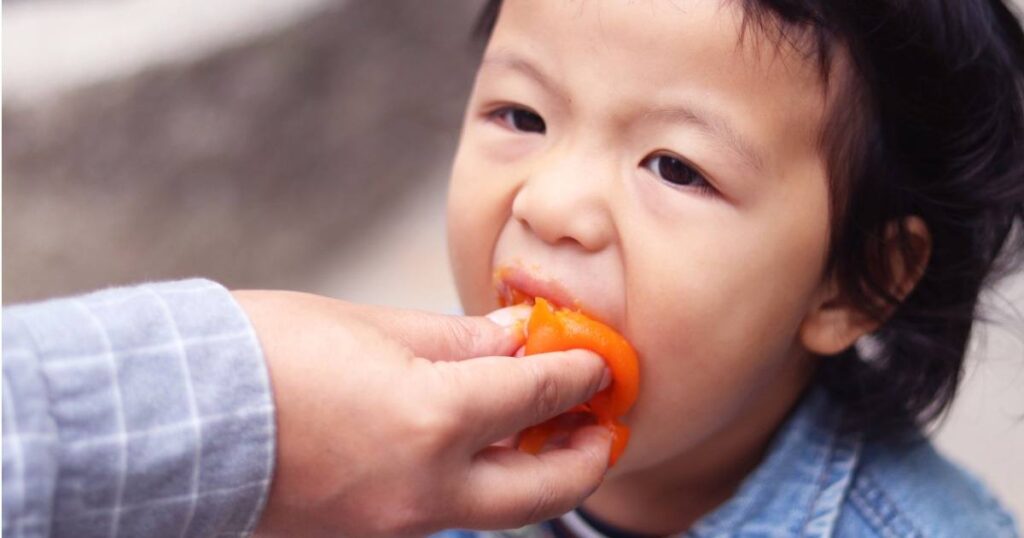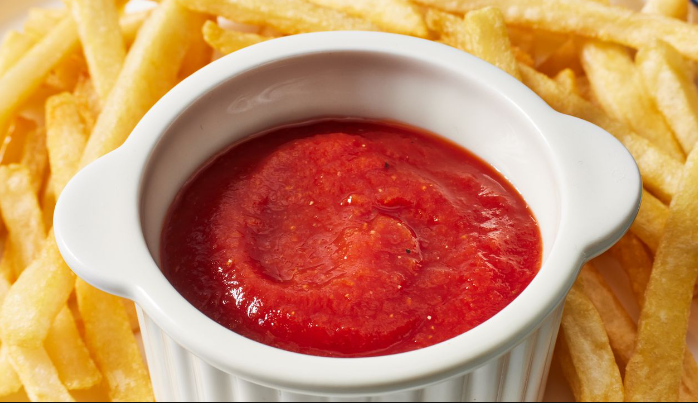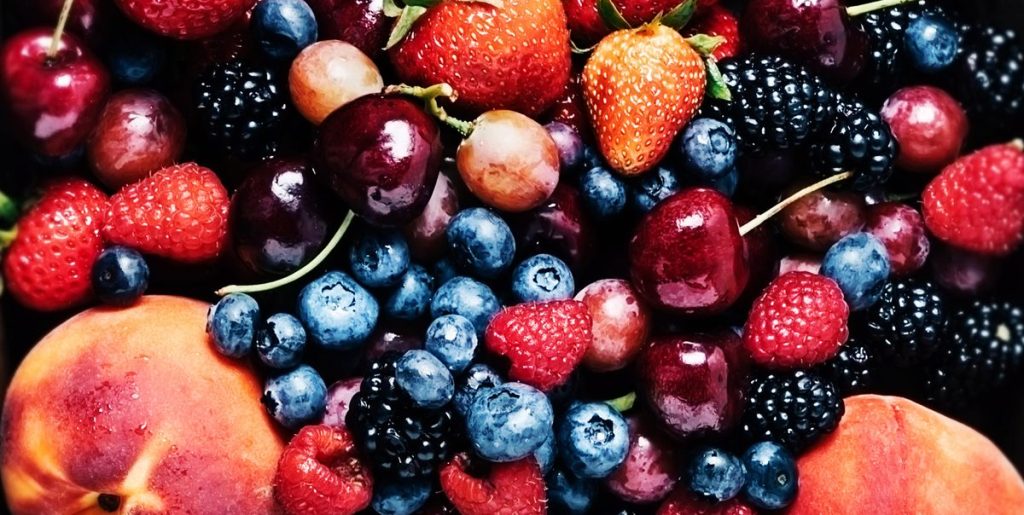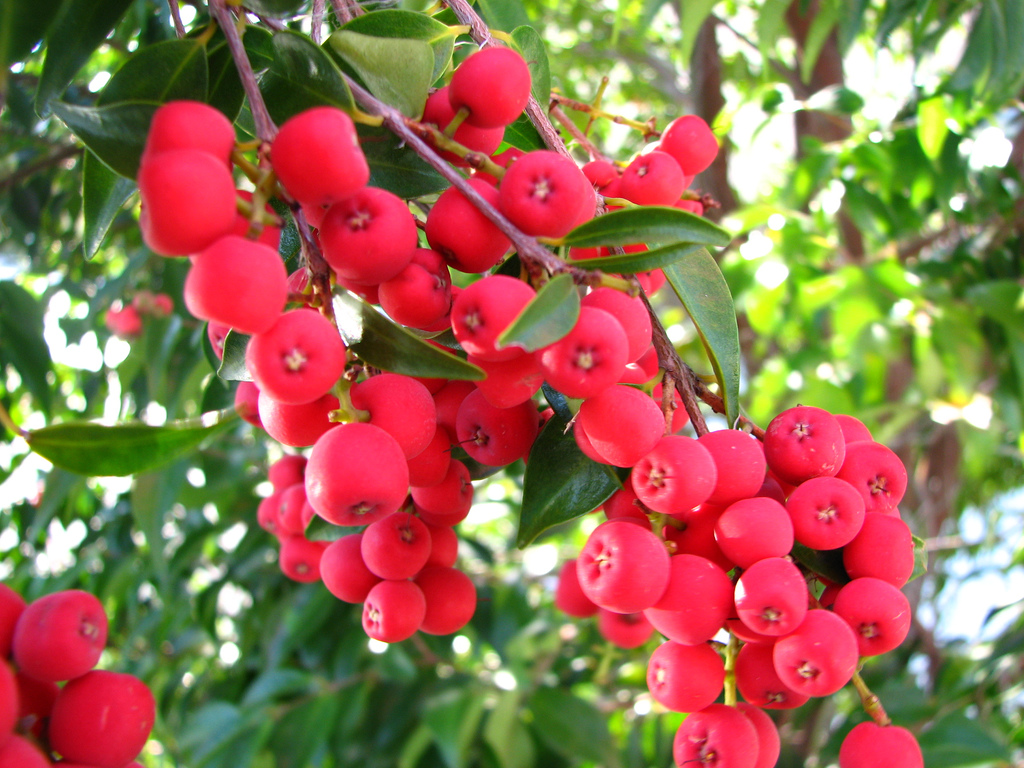Mangosteen is a delicious tropical fruit with soft white segments inside. The big question is if you can eat the seeds inside this fruit, or if they might be harmful. As it happens, mangosteens are not just tasty, but they’re also known for being really good for your health.
This fruit comes from Southeast Asia and is now eaten all over the world. It has a purple shell and inside, there are these white pieces that are really yummy. Each of these pieces has a seed, also called a pit, in the middle. People usually don’t eat the pit, but it might actually be good for you.
Table of Contents
Is It OK to Eat Mangosteen Seeds?
Yes, you can eat mangosteen seeds. They don’t have any poison in them, so they’re safe to eat. But if you try to eat them just like that, you might not like them because they taste bitter.
The seeds are also really tough and hard to chew. If you try to bite into them, you probably won’t get very far. And when you try to chew them, they can make your mouth feel dry, which is very different from the juicy part of the fruit.
So, mangosteen seeds aren’t harmful, but because they don’t taste good and are hard to chew, most people choose not to eat them.
What’s Good About Mangosteen Seeds?
Even though the juicier part of the mangosteen is what most people look forward to, the seeds also have some good things in them:
- Fiber – Mangosteen seeds have a type of fiber that helps your stomach and digestion.
- Antioxidants – These seeds are packed with stuff that can fight off things that cause harm to your body, like xanthones, tannins, and substances called oligomeric proanthocyanidins.
- Plant Sterols – The seeds contain compounds that can help keep your cholesterol levels from getting too high.
- Folate – Mangosteen seeds have a bit of this important B vitamin, which is really important for making sure cells and tissues grow the way they should.
But it’s not very clear how well your body can use these nutrients from the seeds, because they’re so hard. If they’re not ground up, they might just go right through your system without being digested. Grinding the seeds into a powder might make it easier for your body to get the good stuff out of them.
Medicinal Benefits of Mangosteen Seeds
People have used mangosteen seed extracts for a bunch of different health reasons:
- They can work against bacteria, fungus, and even parasites in your gut.
- They can help if you have diarrhea or dysentery.
- They may make allergies less bothersome.
- They can help bring down a fever and reduce swelling inside your body.
The seeds might also help fight fungus, act as antioxidants, and help heal wounds. But we still need more studies to really know how well the seeds work for these medicinal uses and to make sure they’re safe. If you’re thinking about using them, you should definitely talk to a doctor first.
Things to Think About Before Eating Mangosteen Seeds
Here are some tips if you’re considering trying mangosteen seeds:
- If you’re pregnant, it might be better to stay away from mangosteen seeds since we’re not sure if they’re completely safe.
- If you have diabetes or take medicine to lower your blood sugar, be careful and keep an eye on your sugar levels. The fruit might affect them.
- Start with just a little bit to see how your stomach handles it. Stop eating them if you start feeling sick.
- You can find mangosteen seed supplements, but they might have side effects or mess with other medications you take. Always use them with a doctor’s guidance.
In conclusion, mangosteen seeds are not dangerous, but most people might not like how they taste or feel in the mouth. Some people think they have health benefits, but we still need more research to be sure. When eating mangosteens, it’s generally best to stick to the white juicy part. You can throw away the seeds or save them for growing new plants. But if you want to give the seeds a try, think about grinding them up to make them easier to eat and start with a small amount to see how you do.

